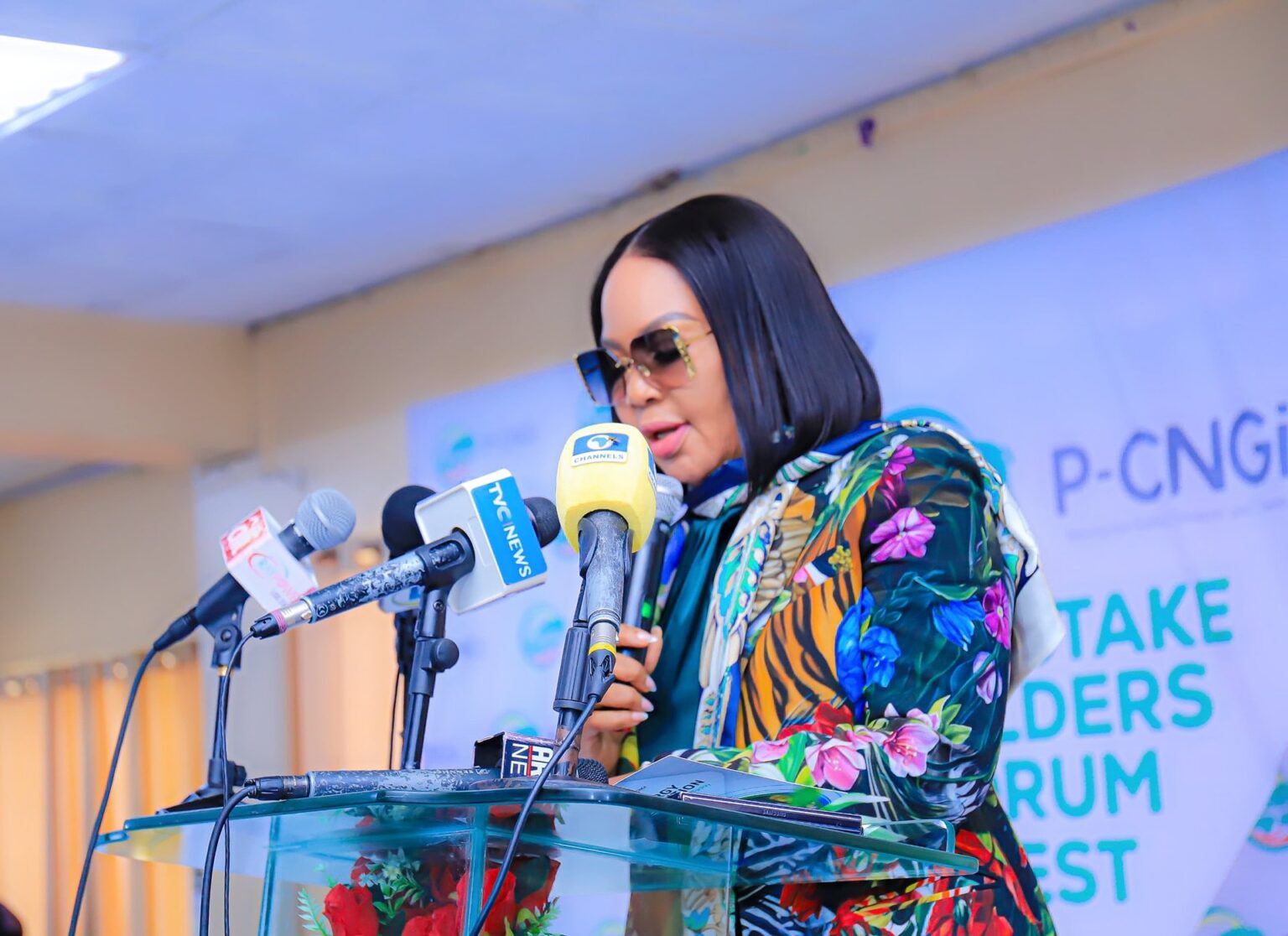The Minister of State for Labour and Employment, Nkeiruka Onyejeocha, has revealed that the new minimum wage will be reviewed in less than two years.
Speaking in Umuahia, Abia State capital, on Thursday, she made this announcement after meeting with labour leaders in the state.
Onyejeocha assured that President Bola Tinubu is committed to fulfilling his promise to Nigerian workers by ensuring a review of the minimum wage within three years. She expressed that the President remains deeply concerned about workers’ welfare and would stand by his pledges to them.
“We are not going to allow the minimum wage review to be forever,” Onyejeocha stated. “It used to be about five years, but now, in three years’ time, which is less than two years, we will also review the minimum wage.”
The Minister emphasised that this commitment had been documented and that Nigerians can expect the review to take place promptly.
In July 2024, President Tinubu had approved a new minimum wage of N70,000, with the intention to review it every three years.
Onyejeocha, who hails from Abia State, explained that she had convened the meeting with the labour leaders, whom she considers her constituents, to wish them well after spending her Christmas and New Year holidays in the state. She also reminded them of the crucial role that labour plays in ensuring national stability and peace, not only in the workplace but across the country.
“I reminded them that we should have a strike-free year, where we will be able to work with the government in partnership, knowing that if we are at peace, we will be more productive,” Onyejeocha added.
The Abia Chairman of the Nigeria Labour Congress, Mr. Ogbomna Okoro, praised Onyejeocha for her significant efforts in office, noting that the labour body is proud of her achievements and is committed to collaborating with her moving forward.
Earlier, the Minister held a roundtable discussion with the Abia State Council of Traditional Rulers, where she provided clarity on some of the Federal Government’s policies.
The meeting reinforced the government’s intent to maintain strong cooperation with labour leaders and traditional rulers in the ongoing pursuit of progress and stability in Nigeria.



